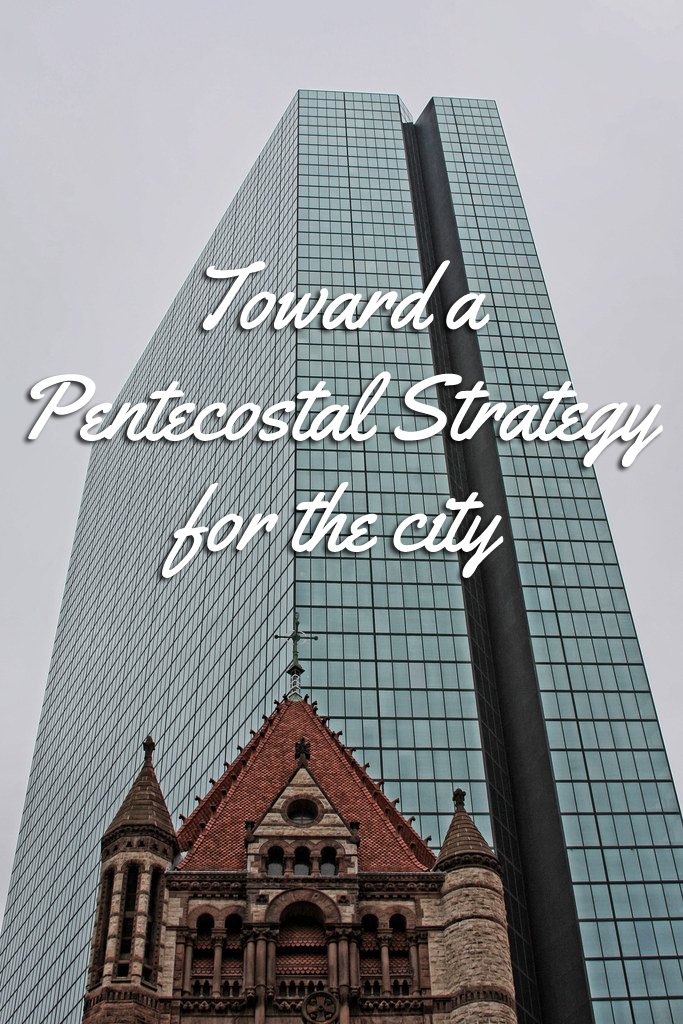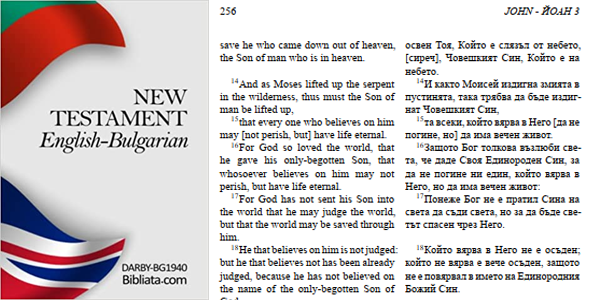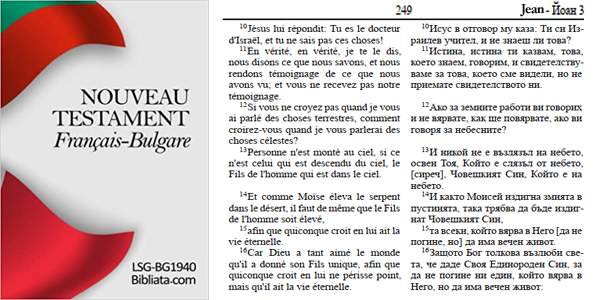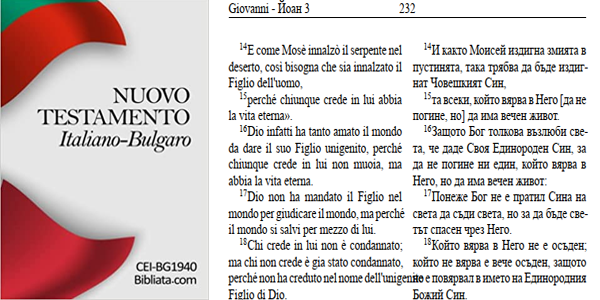Global Network of Bulgarian Evangelical Churches outside of Bulgaria (2023 Report)
 Bulgarian Evangelical Churches in the European Union (2019)
Bulgarian Evangelical Churches in the European Union (2019)
- Bulgarian Evangelical Churches in Germany
- Bulgarian Evangelical Churches in Spain
- Bulgarian Evangelical Churches in England
- Bulgarian Evangelical Churches in France
- Bulgarian Evangelical Churches in Belgium
- Bulgarian Evangelical Churches in Italy
- Bulgarian Evangelical Churches in Cyprus
- Bulgarian Evangelical Churches in Crete
Bulgarian Evangelical Churches in America (2019 Report)
- Bulgarian Evangelical Churches in Chicago (2019 Report)
- Bulgarian Evangelical Churches in Texas (2019 Report)
- Bulgarian Evangelical Churches – West Coast (2019 Report)
- Atlanta (active since 1996)
- Los Angeles (occasional/outreach of the Foursquare Church – Mission Hills, CA)
- Las Vegas (outreach of the Foursquare Church – http://lasvegaschurch.tv)
- San Francisco (occasional/inactive since 2012, Berkeley University/Concord, CA)
Bulgarian Evangelical Churches in Canada (2019 Report)
- Toronto (inactive since 2007)
- Toronto/Slavic (active since 2009)
- Montreal (occasional/inactive since 2012)
CURRENTLY INACTIVE CHURCHES/CONGREGATIONS:
- New York, NY (currently inactive)
- Buffalo, NY (occasional/inactive)
- Jacksonville, FL (occasional/inactive since 2014)
- Ft. Lauderdale / Miami (currently inactive)
- Washington State, Seattle area (currently inactive)
- Minneapolis, MN (occasional/inactive since 2015)
READ MORE:
- First Bulgarian Church in Chicago Opened in 1907
- Gateway Cities for Bulgarian Evangelical Churches
- How to Start a Bulgarian Church in America from A-to-Z
- Unrealized Spiritual Harvest as a Paradigm for Cross-Cultural Ministries among Migrant and Disfranchised Ethnic Groups in America Today
160,000 Pentecostals in Bulgaria Reported by the NEW Encyclopedia of Global Pentecostalism
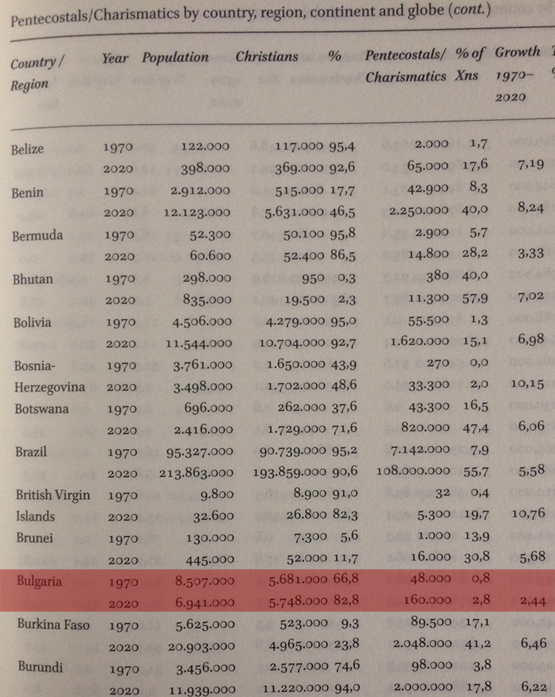
25 Years ago, I left D.C. and Never Looked Back…

Toward a Pentecostal Strategy for the City
Toward a Pentecostal Strategy for the City
One of the questions that seems to come up in this course discussion is how to change the world around us with a more positive and effective approach toward using the Gospel of Salvation. In this particular module, the difficulty addressed is ethnocentricity. The particularity of our search then arrives at the more detailed question, how can we change the culture (respectively subcultures) of our church congregations? This is a drastic move from a closed circle toward an outreach community that many congregations are unable to accomplish. How do we then empower such congregations to be transformed into cultural reach-outs to a single ethnos or multiple ethnic groups?
Problem
The problem in the first quarter of the 21st century has been incongruity of our church strategy with the times we live in and the mindset they occupy. We’ve been preparing the church for the multicultural battle, all and while we should have been equipping the saints how to rebuild the walls since the battle has been lost.
We’ve been equipping leaders for the ministry while the church ship has been sinking only to end up with well trained captains of a sunken fleet. And in a doomed attempt to reconcile the reality of the ministry with their training, they have turned to wave walkers who briefly surface for breaths of fresh air during Sunday worship only to return to the deep blue walk of their daily ministry never finding their lost piece of eight.
For the battle was lost long ago before the present generation of ministers ever came to existence. They know not the battle. They’ve only seen the ruins that were left within the broken walls of the church. And they have been struggling to reconcile the incomputable of what church eldership has been teaching them to battle against with the Nehemiah calling for restoration, which God has placed upon them. For the answer has never been in building a New Jerusalem for a fresh start, but restoring the old Jerusalem and its former glory to a new state that reclaims our history and heritage.
Context
Recent analysis of migrant churches in the United States reveals that the predominant majority of them are located in cities which have a high influxation and concentration of immigrants. Such localities are called “gateway cities”. Immigrants typically enter the United States through one of these cities and settle there. These areas contain over half of the foreign-born population in the United States as follows:
- New York, NY – Foreign born population 18.7%
- Los Angeles, CA – Foreign born population 27.1%
- Houston, TX – Foreign born population 12.3%
- Washington, DC – Foreign born population 8.6%
- Miami, FL – Foreign born population 33.6%
- Chicago, IL – Foreign born population 11.1%
- San Francisco, CA – Foreign born population 20.0%
Strategy
Asking the right questions is important, but the answers cannot be generic for all ethnic groups or cultural settings. There is a strong need to be flexible and observe changes in culture, but not to change the message of the Gospel or compromise our witness. Several common things are noted in any cultural setting where our ministry is involved:
First and foremost, people of all cultures prefer to be personal with a purpose, rather than being project driven. No one longs to be part of someone else’s project. Yet, our very existence demands personal purpose, which could serve as a great cultural catalyst in a church ministry.
Secondly, cross cultural ministry is not done merely on relationships, but on being real in the relationships. The greatest halt of ministry work is when people realize the relationship with the church has not been a real one, but merely a part of a program or a paradigm.
Finally, our cross cultural model for ministry should not be just salvation oriented, but soul oriented. There is a great difference between writing down the number of saved every Sunday and actually caring for the eternal well-being of the saved souls. In fact, this is so fundamentally determinative that it should be the goal in mind of every new church plant.
Greek-Bulgarian Interlinear of the New Testament in Wal-Mart
Greek-Bulgarian Interlinear of the New Testament (Critical Edition with Apparatus) (Paperback)
This new translation took several years to refine through multiple revisions, re-readings, and new re-translate where needed in order to produce an interlinear with priority advantages and distinctive features as follows:
- The text is arranged in three lines – Greek original, literal translation and for the first time in a Bulgarian publication, an analytical apparatus with detailed morphology of the words.
- A brand-new word for word translation, not phrase for phrase or simple imposed text on an already existing translation, challenges the reader into a deeper understanding of the Word.
- Unnecessary text markers and explanations have been avoided because the parallel stylistics between Greek and Bulgarian are much more similar than other languages even when accompanied with Strong’s numbering.
- The literal meaning of the text is shown without the dynamic equivalent characteristic of other interlinear editions.
- All participles/predicates are literally translated avoiding the superimposition of like, as, which, etc., when they are not in the original text.
- All definite articles are given as in the Greek before the word (not at the end part of the word as it is done in Bulgarian) even in the tradition of Nomina Sacra.
- Enforced literalism on understandable New Testament terminology such as Lord/Master, church/ecclesia/congregation/gathering/assembly, baptism, etc. is avoided.
- The literal word for word translation preserves case and gender as possible in over 90% of the New Testament text.
- The applied critical apparatus in addition to the analytical morphology, includes designation of all verses and passages of critical difference with the Nestle-Aland GNT.
- Hitherto missing morphology now provided, not only shows why a given word is translated in the chosen way, but enables the reader to navigate through more complex grammatical structures of the Greek language and understand them.
Bulgaria in Pentecostal Theology: A Theology of Encounter
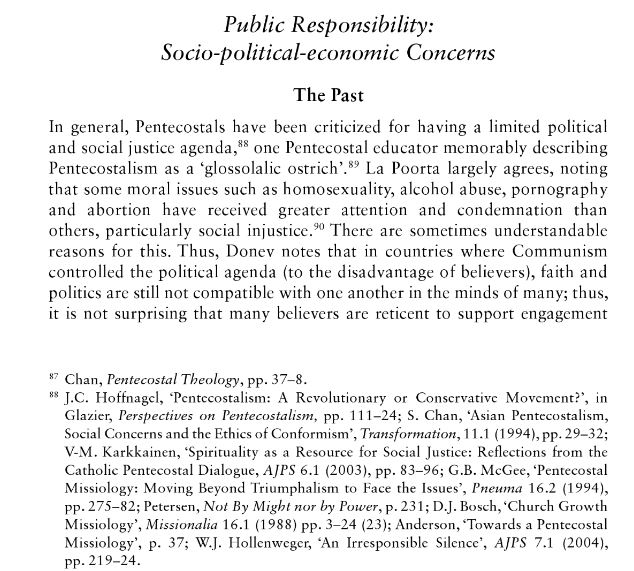
REVIVAL MUST GO ON…
March 1, 2023
There is a good reason we signed off our final 2022 newsletter with our slogan of 30+ years: “Revival must go on,” after our Revival Harvest Campaign was extended five times over a four-month period last year.
Revival runs deep in our family roots. During the Great Bulgarian Pentecostal Revival in the 1920s, my grandmother was miraculously healed on her death bed from tuberculosis, saved and filled with the Spirit along with our whole family five generations back.
Exactly 70 years later, I was saved in the post-Communist Revival in Bulgaria prophesied by Danish journalist Johny Noer, who openly challenged the communist authorities with the words: “Let my people go!” I was filled with the Spirit and called to the Ministry within two weeks time. Having never seen anything like this before, without any prior theological training or spiritual experience, I witnessed over 300 students getting saved in the little mountain church where I began preaching.
In 1995, I saw another revival among the Bulgarian immigrants in Chicago, where within one short summer of organizing the Bulgarian Church there, some 100+ were saved and 64 of them became members of the Narragansett Church of God where we held meetings.
I was blessed to preach multiple back-to-back revival meetings again through the summer of 1999 in South Carolina and then again in the early 2017 in Mississippi, Tennessee, Alabama, Georgia, Florida, the Carolinas and across Europe in the fall of that same year. But all this did not happen until after the 2011 Tennessee tornadoes, when we saw the cloud of His glory over a youth camp we held in the mountains of Bulgaria in a grass-roots student revival that just could not be stopped by the establishment. It was then that we distinctly heard from the Spirit to move to our current location and wait for The Revival. And even after we gave a word at the Regional Church of God exactly nine months before the massive school revival of Delbarton, West Virginia broke out there in 2016, it just didn’t feel this was it.
A little bit over ten long years have now passed in this location of daily prayers for revival and if all the fasting through years was to be added, it will probably amount to a good fifth of that whole time. If we have learned one thing through this long period of fervent waiting, it is that revival cannot be faked. Oh, you can try of course, but you ain’t fooling God with it. Neither can you fake healing – and this word in particular should not be taken lightly in the new reality of our post-covid world.
And if the Spirit is indeed doing a new thing in our day today, it will not be tongues, gifts or offices, but a return to Biblical holiness. For holiness cannot be faked either. It is transparent before both men and God. And just because people do not like the political church run by a corporate business-model any longer, it does not make them a mission field. But it does call for a harvest that no one has gathered yet! And for this reason, REVIVAL MUST GO ON… until the Holiness of God prevail!
2022: Revival Harvest Campaign
2021: Revelation Revival at Cookson Creek
2018 Revival Harvest Campaign: REBUILDING the WALLS
2017 Prophetic Revival in Bulgaria: The Search for Holiness Continues
2016 School Youth Revival Takes Over Delbarton, West Virginia
2016 110 Years ago, the Azusa Street Revival Began with a Fast
2016 The FORGOTTEN ROOTS OF THE AZUSA STREET REVIVAL
2015 Why Revival Came? by Dr. Charles Conn
2015 La France District Revival
2014 25 Year Revival Cycles in Bulgaria’s Protestant History
2014 Revival Harvest Campaign 2014 in Varna and Signing of the Scrolls
2013 End of Days Revival Series
2012 12.12.12. Revival at the End of the World
2012 Revival Harvest Campaign 2012: Revival Must Go On…
2011 WAR ON THE SAINTS: Revival Dawn and the Baptism of the Spirit
2011 Historic Pentecostal Revival Tour in Bulgaria Continues
2009 Revival Begins in Chicago
2008 Revival Bulgaria 2 Film Released
2007 Revelation Revival Continues
2007 Revival in Bulgaria Again
2006 Mission Maranatha in Revival
2006 Healing in the Midst of Revival
2005 Revival in Bulgaria Again
2004 Revival Harvest Campaign Results
2004 Is There Revival in Bulgaria?
2003 Postcommunist Protestant Revival in Bulgaria
2000 Celebrating 10 Years in the Ministry
Revival continues…
2018 Revival Harvest Campaign: REBUILDING the WALLS
2017 Prophetic Revival in Bulgaria: The Search for Holiness Continues
2016 School Youth Revival Takes Over Delbarton, West Virginia
2016 110 Years ago, the Azusa Street Revival Began with a Fast
2016 The FORGOTTEN ROOTS OF THE AZUSA STREET REVIVAL
2015 Why Revival Came? by Dr. Charles Conn
2015 La France District Revival
2014 25 Year Revival Cycles in Bulgaria’s Protestant History
2014 Revival Harvest Campaign 2014 in Varna and Signing of the Scrolls
2013 End of Days Revival Series
2012 12.12.12. Revival at the End of the World
2012 Revival Harvest Campaign 2012: Revival Must Go On…
2011 WAR ON THE SAINTS: Revival Dawn and the Baptism of the Spirit
2011 Historic Pentecostal Revival Tour in Bulgaria Continues
2009 Revival Begins in Chicago
2008 Revival Bulgaria 2 Film Released
2007 Revelation Revival Continues
2007 Revival in Bulgaria Again
2006 Mission Maranatha in Revival
2006 Healing in the Midst of Revival
2005 Revival in Bulgaria Again
2004 Revival Harvest Campaign Results
2004 Is There Revival in Bulgaria?
2003 Postcommunist Protestant Revival in Bulgaria
Read also: 25 Years of Miracles
Spiritual Fullness (Fullness in the Spirit) among Early Bulgarian Pentecostals and Today

Bulgaria’s early Pentecostals insisted on a spiritual fullness that included: (1) salvation, (2) water baptism and (3) baptism with the Spirit.[1] As a formula of spiritual experience, it satisfied the witness of blood, water and Spirit (1 Jn. 5:8) on earth; but also corresponded with the triune God in heaven (1 Jn. 5:7), from whom the believer’s spiritual experience originated. Many conservative Pentecostals in Bulgaria today still uphold “the fullness” teaching and would not use Bibles that exclude Johannine Comma (1 John 5:7) for these three “bear record in heaven.”[2]
However, even with the already present Trinitarian experience of the believer and the enormous theological Methodist influence, it is astounding that the doctrine of sanctification was not taught as a separate work of grace among Bulgarian Protestants. Even when after Pentecostalism spread in Bulgaria, it was not included in the tri-fold formula for “spiritual fullness” of the believer. During the persecution of the Communist Regime, speaking in tongues during Communion was done as a spiritual confirmation that the person has “fullness in the Spirit” or is not a government agent sent by the police to spy on the rest of the church. Interpretation often followed to confirm the spiritual stand of the believer. Early Bulgarian Pentecostals did not distinguish between the initial evidence and the gift of speaking in tongues. Even communist propaganda author Boncho Assenov, who categorized Pentecostals as a sectarian cult, defined this fullness as fundamental for the sacramental theology of the early charismatic communities in Bulgaria.[3]
[1] Mollov, 209.
[2] Zarev, 28.
[3] Boncho Asenov, Religiite i sektite v Bŭlgariia (Sofia: Partizdat, 1968), 167, 367.
See also:
The Practice of Corporate Holiness within the Communion Service of Bulgarian Pentecostals
Sanctification and Personal Holiness among Early Bulgarian Pentecostals
Water Baptism among early Bulgarian Pentecostals
First Pentecostal Missionaries to Bulgaria (1920)
5 NEW BIBLES published in 2023
The text of the Bulgarian Bible is printed in the United States. The revision methodology used in the editing of the original text is patented and protected by PCT international patent law and may not be duplicated. Copyright © 1990-2023 by Bibliata.com.
English-Bulgarian New Testament
English Bulgarian New Testament Vol. 1 New Bible Diglot Series by Bibliata.com (2022)
The Darby Bible was first published in 1890 by John Nelson Darby, an Anglo-Irish Bible teacher associated with the early years of the Plymouth Brethren. Darby also published translations of the Bible in French and German. J. N. Darby’s purpose was, as he states in the preface to his English New Testament, to make a modern translation for the unlearned who have neither access to manuscript texts nor training and knowledge of ancient languages of the Scriptures. Darby’s translation work was not intended to be read aloud. His work was for study and private use. In his own oral ministry he generally used the English KJV Bible.
Nuevo Testamento Español-Búlgaro
Nuevo Testamento Español-Búlgaro Vol. 2 New Bible Diglot Series by Bibliata.com (2022)
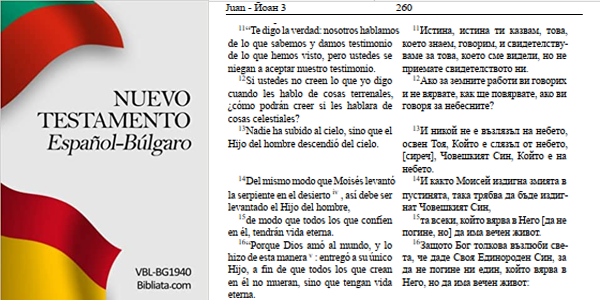
The translation has been made directly from the standard Nestle-Aland Greek text. Its purpose is to be a faithful translation of its original meaning, without difficult or confusing terms. The style has been translated into contemporary English and Spanish, avoiding the use of slang or colloquial words, thus speaking to our modern society in a way that everyone can understand.
Neue Testament Deutsch-Bulgarisch
Neue Testament Deutsch-Bulgarisch Vol. 3 New Bible Diglot Series by Bibliata.com (2022)
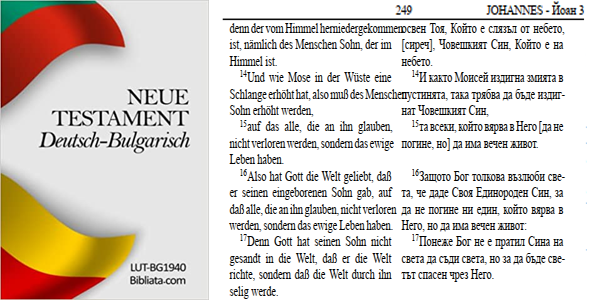
The Luther Bible is a German language Bible translation from Hebrew and ancient Greek by Martin Luther, of which the New Testament was published in 1522 and the complete Bible, containing the Old and New Testaments and Apocrypha, in 1534. The language was updated in 1912.
This Bible is in the public domain in the United States. We are making it available in the same format in which we acquired it as a public service.
Nouveau Testament Français-Bulgare
Nouveau Testament Français-Bulgare Vol. 4 New Bible Diglot Series by Bibliata.com (2022)
The LSG was published in 1910 as the classic French equivalent of the English King James Version. Louis Segond French Bible – (October 3, 1810 – June 18, 1885), was a Swiss theologian who translated the Bible into French from the original texts in Hebrew and Greek. He was born in Plainpalais, near Geneva. After studying theology in Geneva, Strasbourg and Bonn, he was pastor of the Geneva National Church in Chêne-Bougeries, then from 1872, Professor of Old Testament in Geneva. The translation of the Old Testament, commissioned by the Vénérable Compagnie des Pasteurs de Genève, was published in two volumes in 1871 (Meusel has 1874 as the publication date), followed by the New Testament, translated as a private venture, in 1880. The text was then reviewed by experts. The result is the 1910 revision that is now freely available on Internet.
Nuovo Testamento Italiano-Bulgaro
Nuovo Testamento Italiano-Bulgaro Vol. 5 New Bible Diglot Series by Bibliata.com (2022)
An Italian translation of the Holy Bible according to the Roman Catholic canon, based on the original texts and meant to be typical for use in liturgy, approved by the Italian Conference of Catholic Bishops and published in 2008. The previous 1974 edition is taken into account, but it is often corrected, while trying to reflect recent advances in Biblical exegesis, and to respect the literary style of different Biblical authors. The Book of Esther offers two parallel translations (second translation is offered in module CEI2008-2), based on the Greek text and on the Hebrew text.


